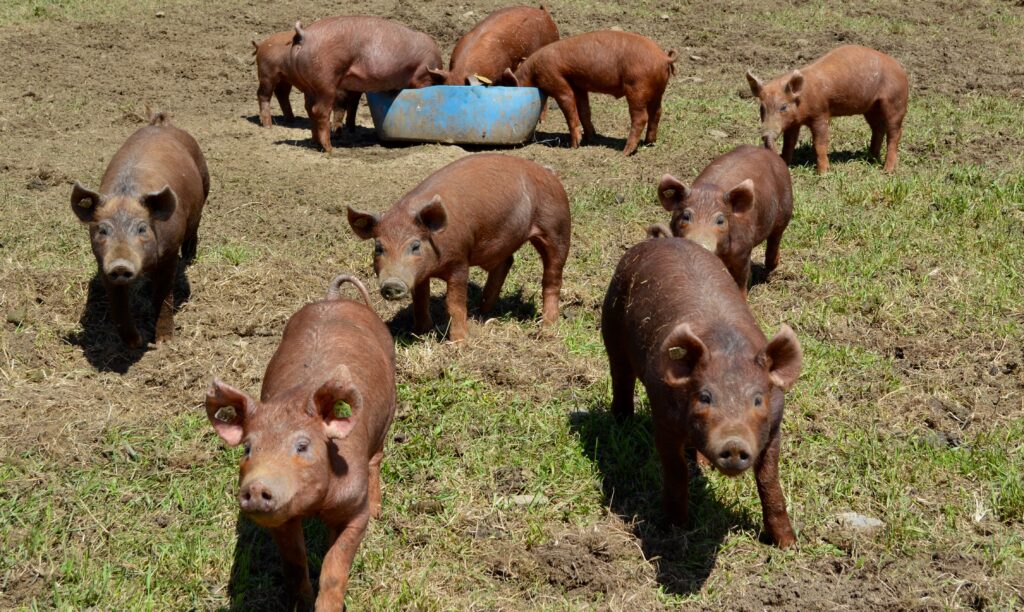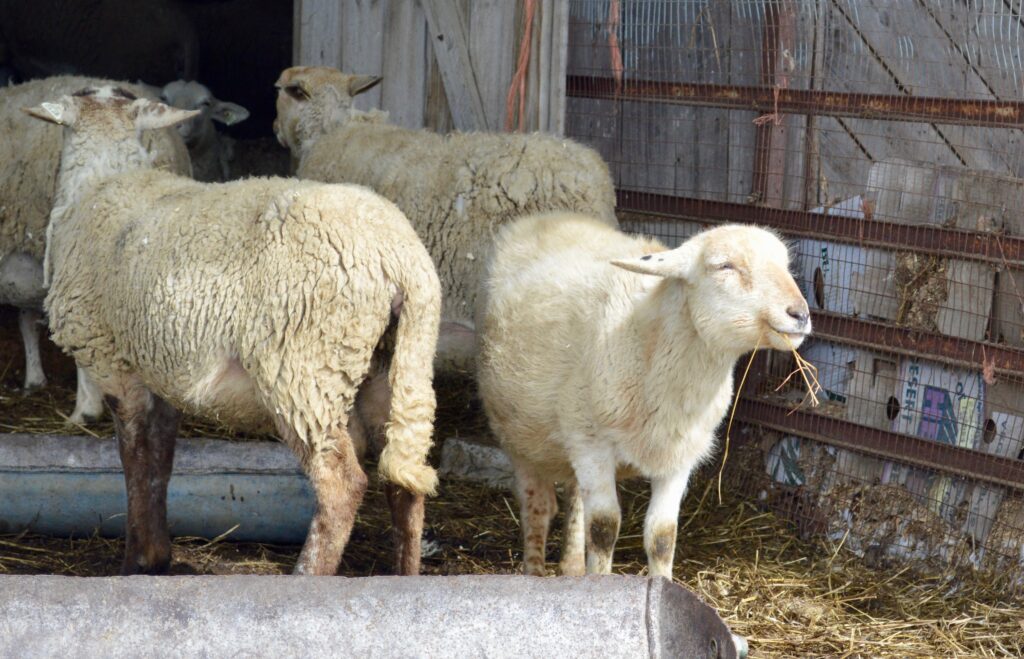Strategies for Handling a Hay Shortage
By Jacki Perkins As I am writing this, winter deepens and spring is still a far off dream, and the effects of last summer’s drought will begin to be felt. For anyone buying hay last season, it was a study in budgeting: both for pocketbooks and rations. Short of selling livestock to anyone with enough

